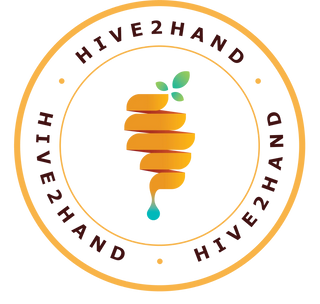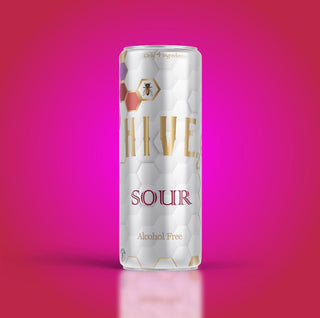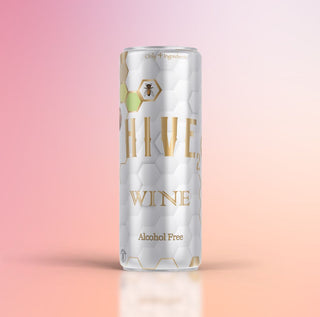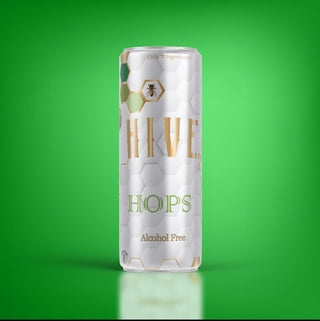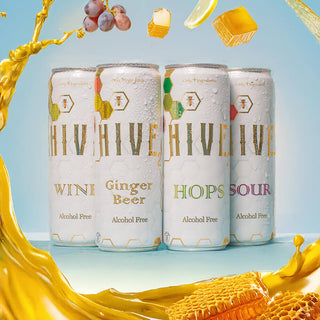FAQ
Use this text area to share information about your brand with your customers. Describe a product, share announcements, or welcome customers to your store.
Orders
Below are some of are common questions about orders
Shipping & Returns
Below are some common questions about shipping, returns, and exchanges
Products
Below are some common questions about our products
Didn't find your answer?
Don't hesitate to contact us
